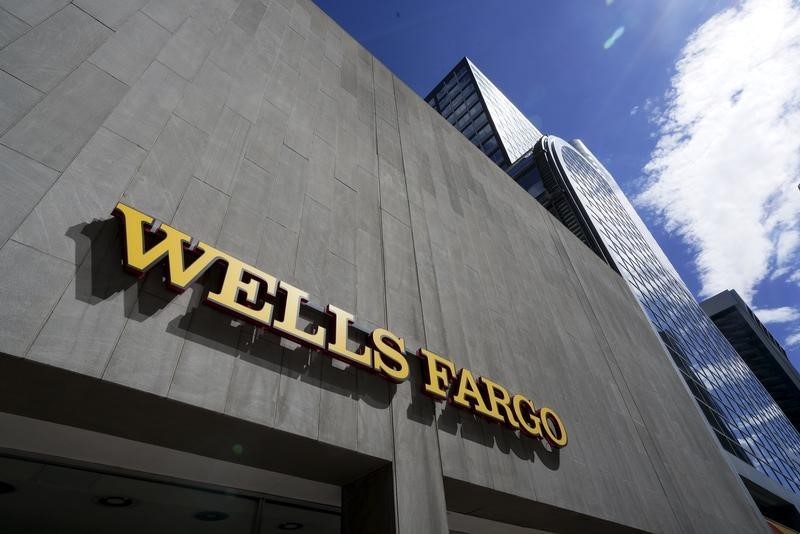In their latest note, Wells Fargo analysts emphasized the importance of focusing on the economy rather than the volatile political landscape as the November elections approach.
Despite the recent dramatic political events, including a former president narrowly escaping an assassination attempt and the current president deciding not to seek re-election, Wells Fargo maintains that the primary concern for investors should be the economic outlook.
The analysts state, "We are focused on the economy and where it is likely headed between now and the end of next year."
This viewpoint encompasses their tactical time frame and guides their investment strategy, which aims to allocate funds toward asset classes and sectors with the best potential to outperform their respective benchmarks in the short to intermediate term.
Political events can change rapidly and with little notice. Wells Fargo underscores that while elections matter, the underlying economic fundamentals should be the primary focus for investors.
The financial markets currently anticipate that the Federal Reserve will begin cutting interest rates soon, with Bloomberg data indicating a nearly 95% probability of a rate cut at the September Federal Open Market Committee (FOMC) meeting, and additional cuts expected in November and December.
Wells Fargo has consequently upgraded its rating on the Financial sector to favorable, expecting that falling short-term interest rates relative to long-term rates will lead to improved economic performance, better loan demand, and increased merger and acquisition activity.
However, they remain cautious about small-cap domestic stocks, represented by the Russell 2000 Index (RTY), citing potential risks such as tariffs and the high percentage of unprofitable companies within the index.
Despite increased interest due to the likelihood of lower interest rates and potential policy changes if former President Trump wins, the analysts do not see the underlying fundamentals as strong enough for an upgrade.
Wells Fargo concludes, "It may be a different week, but our conclusion is the same: position portfolios for the economy and not who you think might win the election."
